The Best Books on Thesis Writing

Top 10 Books to Help You Write a Winning Thesis
Writing a thesis is one of the most challenging tasks for students, whether you're in high school, college, or pursuing an advanced degree. From structuring your arguments to conducting thorough research, the process can feel overwhelming. That’s why having the right resources, including the best books on thesis writing, can make all the difference.
This article explores ten must-read books that will guide you through the thesis-writing journey. Whether you’re tackling your first undergraduate thesis or diving deep into a doctoral dissertation, these books will equip you with the tools and confidence to succeed.
1. “How to Write a Thesis” by Umberto Eco
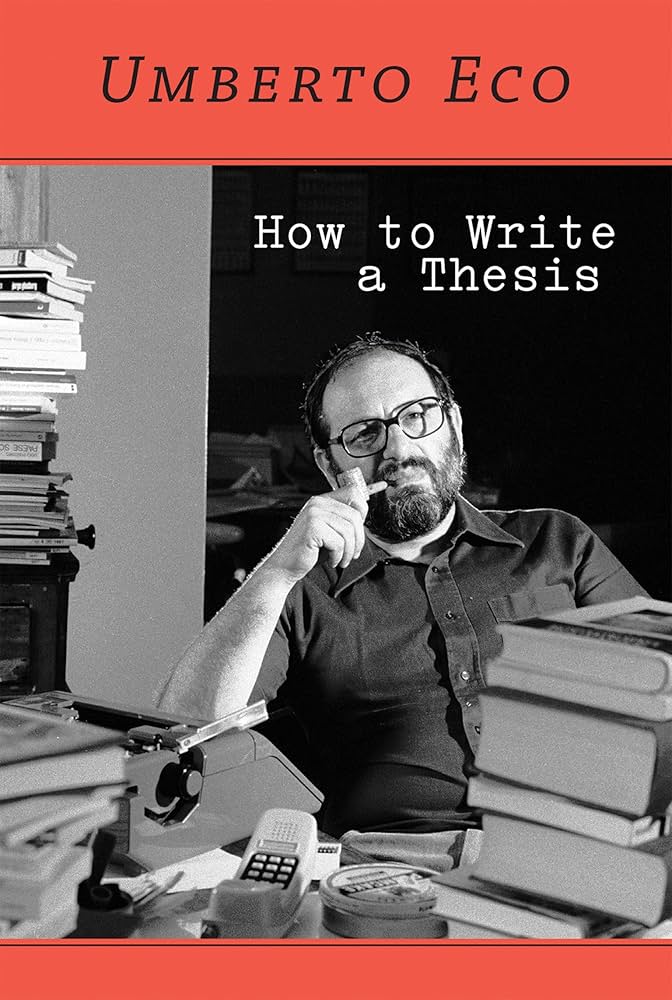
Why It’s a Must-Read: Originally published in Italian in 1977, this classic by Umberto Eco has stood the test of time. Written in a conversational tone, Eco’s book offers practical advice on every aspect of thesis writing, from choosing a topic to managing your time effectively.
Essential points to remember
Importance of narrowing your focus
Strategies for organizing your research
Tips on staying motivated throughout the process
This book is ideal for students who want a mix of academic rigor and humor to guide them through the complexities of writing a thesis. Eco’s wisdom and wit make this book not only instructive but also enjoyable to read, ensuring that even the most overwhelmed students feel a sense of control and clarity.
2. “The Craft of Research” by Wayne C. Booth, Gregory G. Colomb, and Joseph M. Williams
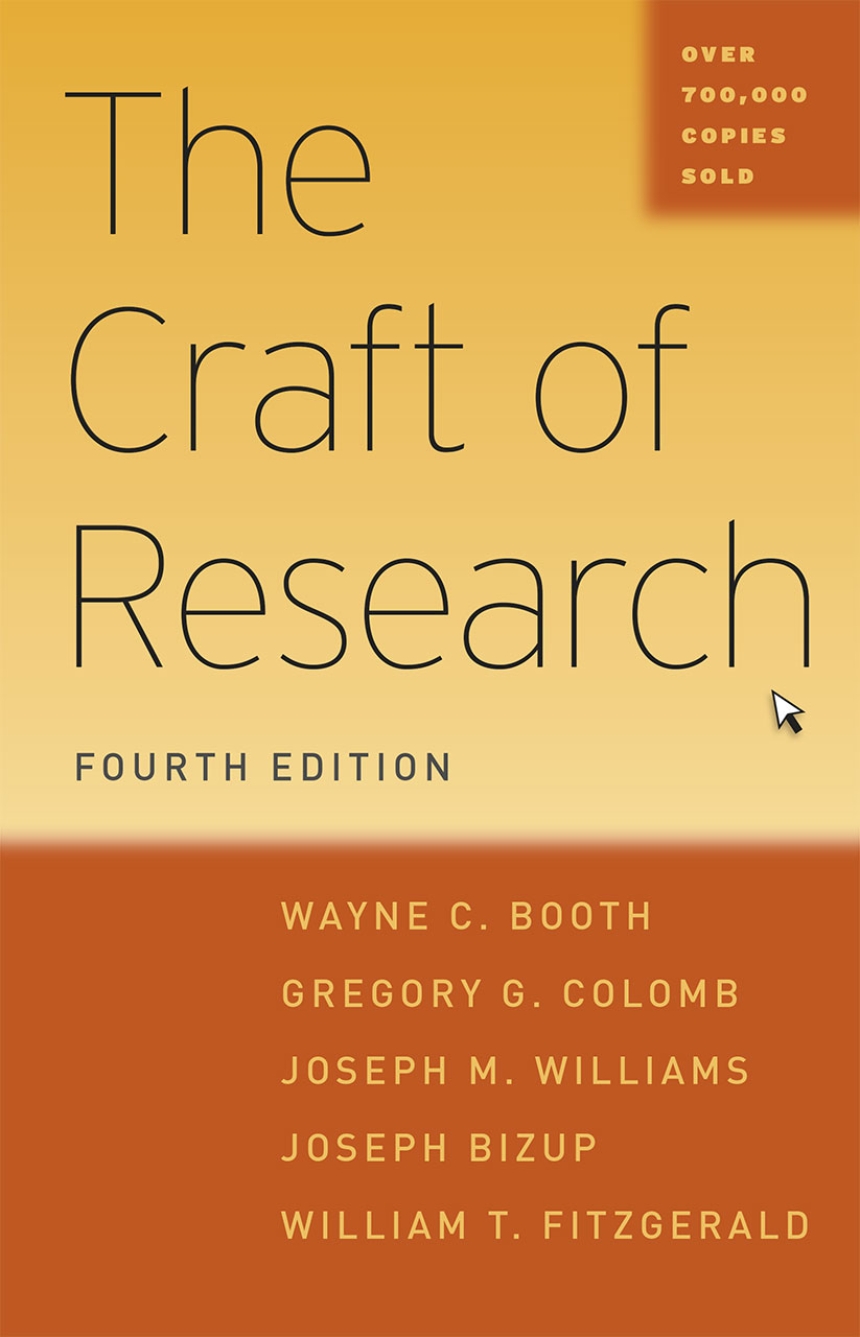
Why It’s a Must-Read: Considered a staple in academic writing, this book emphasizes the importance of research in crafting a compelling thesis. It’s perfect for students who need guidance on forming strong research questions and using evidence effectively.
Essential points to remember
How to frame your thesis around a central question.
Techniques for evaluating sources and evidence.
Guidance on drafting and revising your work.
The book breaks down complex concepts into digestible steps, making it easier to understand how to weave research seamlessly into your argument. If you’re looking for a comprehensive roadmap to integrating research into your thesis, this book will not disappoint.
3. “They Say / I Say: The Moves That Matter in Academic Writing” by Gerald Graff and Cathy Birkenstein
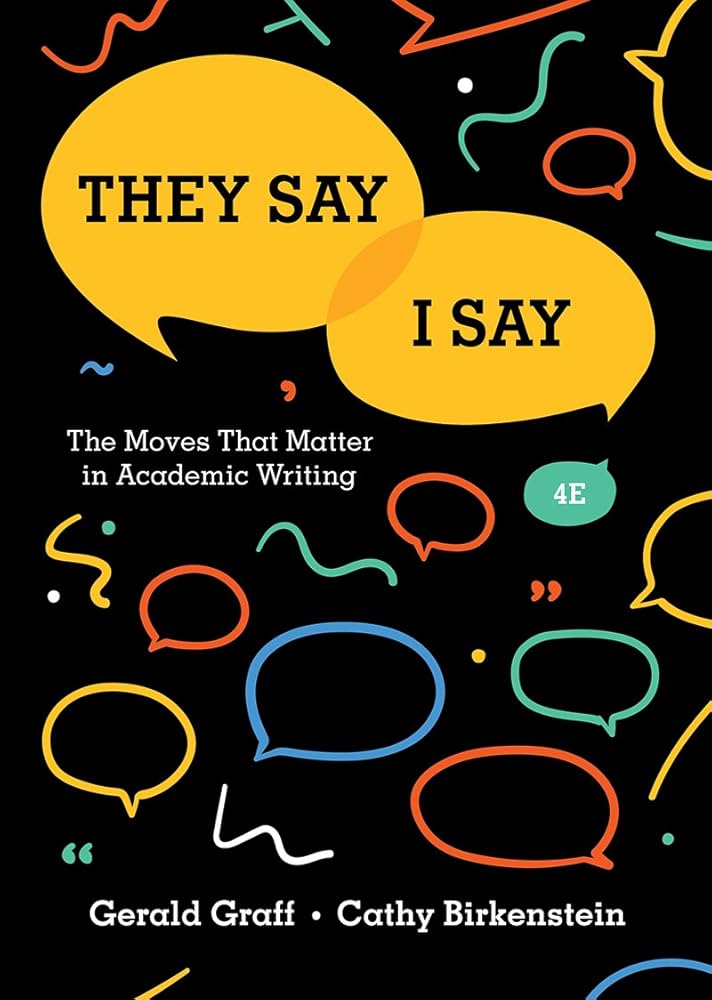
Why It’s a Must-Read: This book focuses on the art of crafting arguments, an essential skill for any thesis writer. Graff and Birkenstein’s approachable style makes academic writing less intimidating and more accessible.
Essential points to remember
Templates for framing your arguments.
Strategies for engaging with counterarguments.
How to integrate sources seamlessly into your writing.
For students who struggle with the “academic voice,” this book is a practical guide to mastering it. The provided templates and examples make it easier to structure persuasive arguments and maintain a strong, clear narrative throughout your thesis.
4. “Writing Your Dissertation in Fifteen Minutes a Day” by Joan Bolker
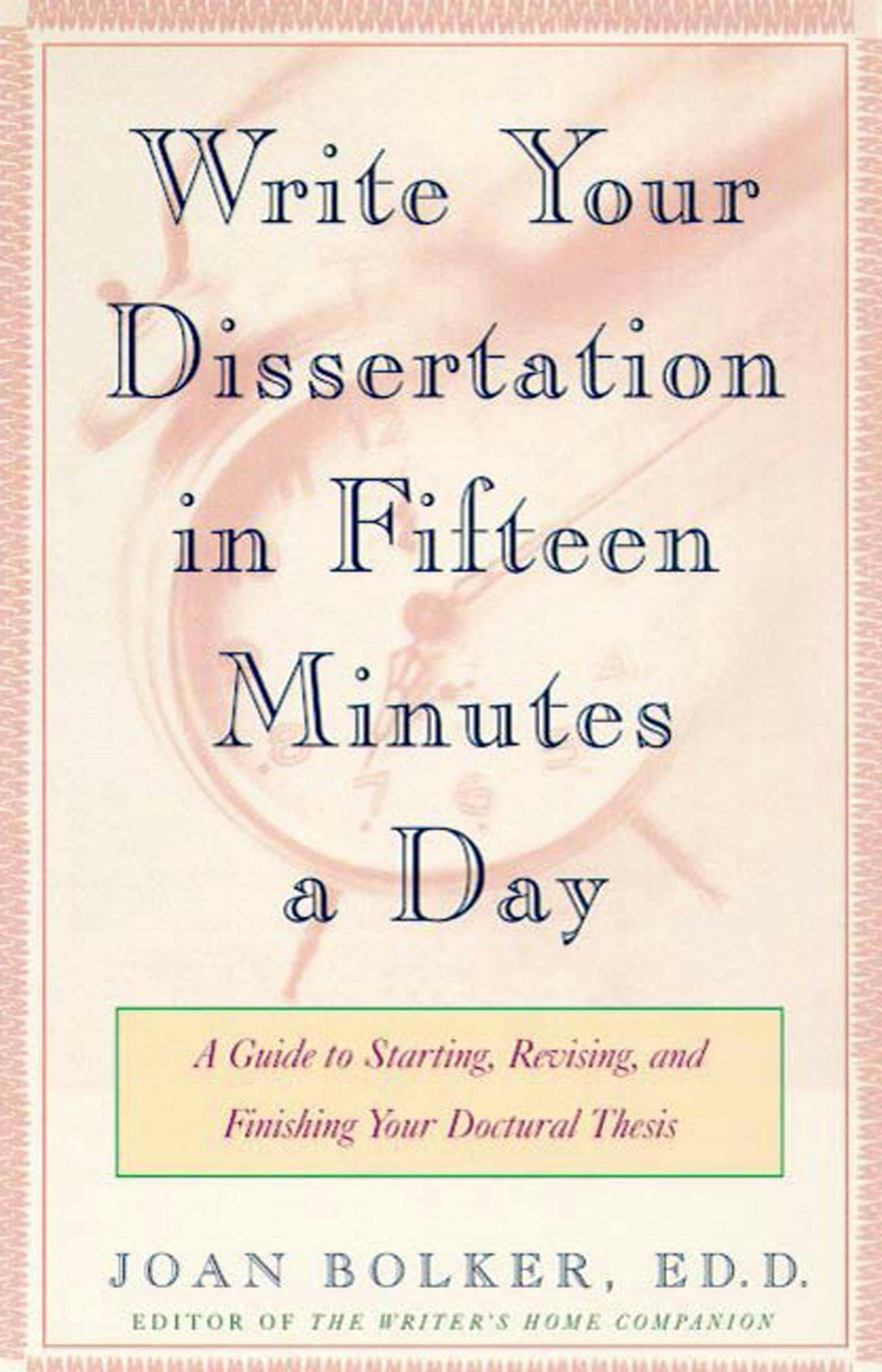
Why It’s a Must-Read: Despite its tongue-in-cheek title, this book is packed with serious advice on managing your writing process. Bolker offers strategies for overcoming procrastination and making consistent progress on your thesis.
Essential points to remember
Breaking the thesis into manageable tasks.
Tips for overcoming writer’s block.
Balancing creativity with discipline.
Bolker’s emphasis on developing a daily writing habit is invaluable for students who feel overwhelmed by the sheer scope of a thesis. Her encouraging tone makes the process feel achievable, even for those who struggle with motivation.
5. “Destination Dissertation: A Traveler’s Guide to a Done Dissertation” by Sonja K. Foss and William Waters
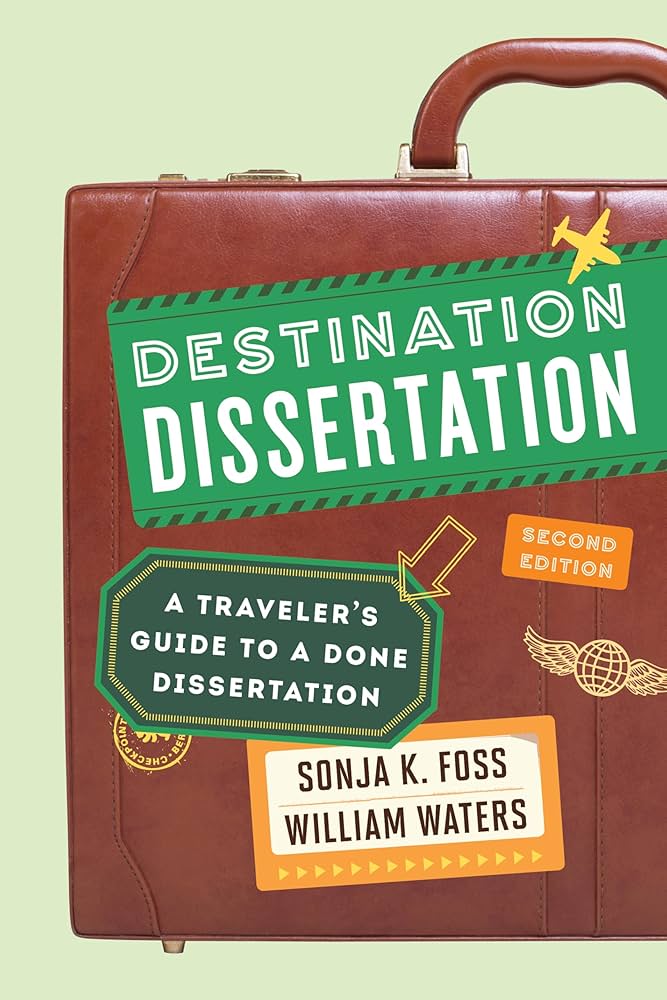
Why It’s a Must-Read: Using a travel metaphor, this book guides students through the entire thesis journey, from planning to completion. The approachable style makes it feel less like an academic textbook and more like a motivational guide.
Essential points to remember
Mapping out your thesis journey.
Techniques for efficient time management.
How to navigate common obstacles.
This book transforms the daunting task of writing a thesis into an adventure, helping students stay focused and organized while enjoying the process. It’s a must-read for anyone seeking practical guidance and a positive perspective on thesis writing.
6. “Stylish Academic Writing” by Helen Sword
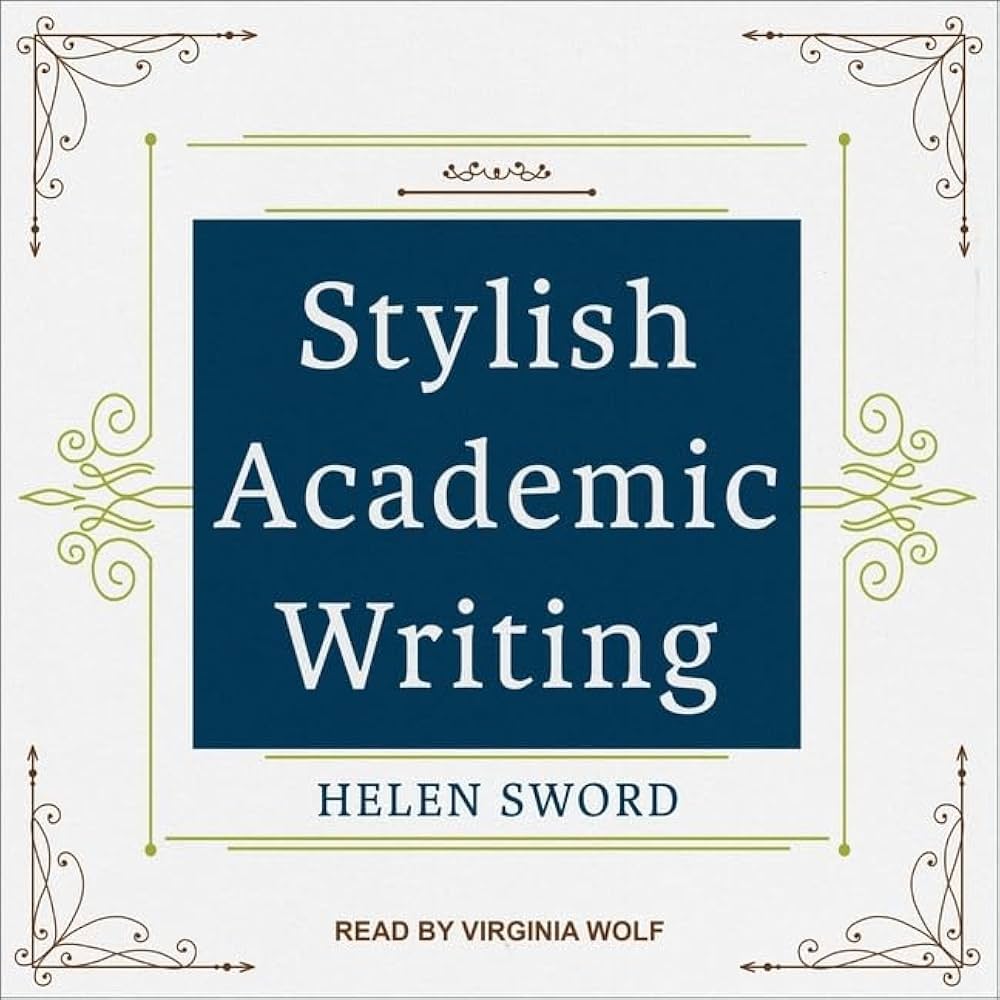
Why It’s a Must-Read: Sword’s book challenges the notion that academic writing has to be dry and tedious. Instead, she offers strategies for making your thesis engaging and readable while maintaining scholarly rigor.
Essential points to remember
How to craft compelling sentences and paragraphs.
Techniques for avoiding jargon and overcomplication.
Examples of stylish writing in various academic disciplines.
For students who want their thesis to stand out, this book is an indispensable resource. Sword demonstrates that academic writing can be both rigorous and enjoyable to read, encouraging students to embrace creativity in their work.
AI-guided essay and paper structure suggestions
Real-time clarity, tone, and originality insights
Effortless citations and plagiarism checks
7. “The Thesis Whisperer” by Dr. Inger Mewburn
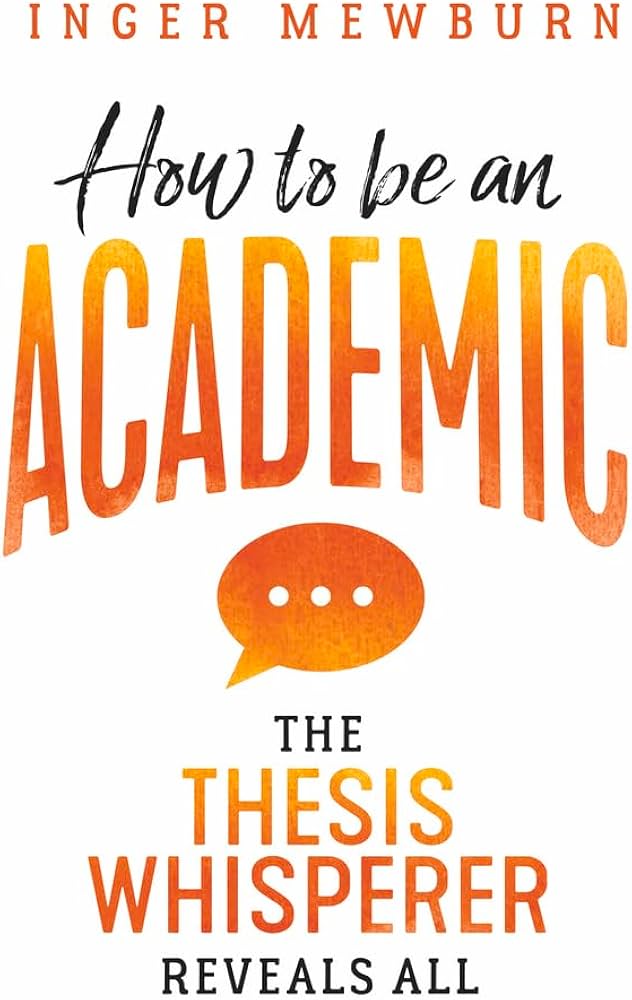
Why It’s a Must-Read: Based on the popular blog of the same name, this book offers practical advice and tips for surviving the thesis-writing process. Dr. Mewburn’s informal, relatable tone makes the book feel like a conversation with a trusted mentor.
Essential points to remember
Strategies for staying motivated.
Tips on handling feedback from advisors.
Managing the emotional challenges of writing a thesis.
This book’s candid advice and supportive tone make it a favorite among students who need both guidance and reassurance. It’s particularly useful for addressing the emotional and psychological hurdles of thesis writing.
8. “Research Design: Qualitative, Quantitative, and Mixed Methods Approaches” by John W. Creswell
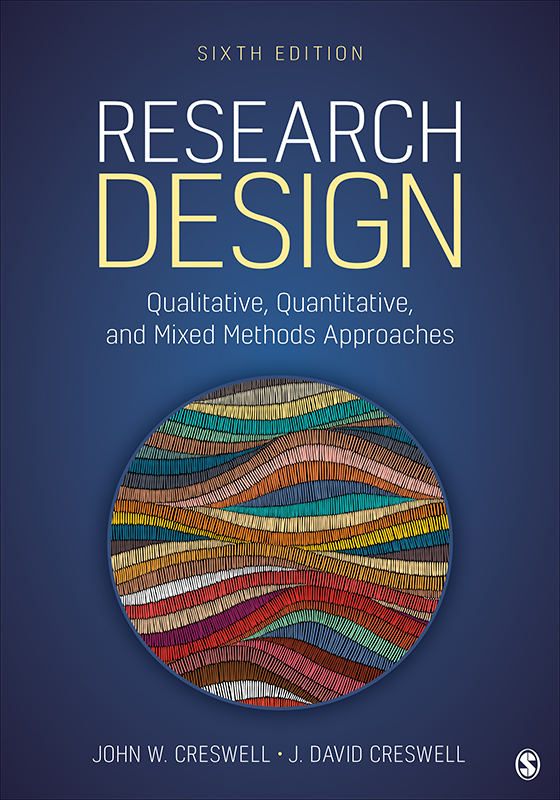
Why It’s a Must-Read: For students tackling research-heavy theses, Creswell’s book is an invaluable resource. It provides a comprehensive overview of research methodologies, helping you choose the right approach for your project.
Essential points to remember
Understanding different research designs.
How to align your methodology with your thesis question.
Practical advice for collecting and analyzing data.
Creswell’s detailed explanations and examples make this book a go-to resource for students in fields requiring rigorous research and data analysis. It’s especially helpful for clarifying complex concepts and ensuring methodological soundness.
9. “A Manual for Writers of Research Papers, Theses, and Dissertations” by Kate L. Turabian
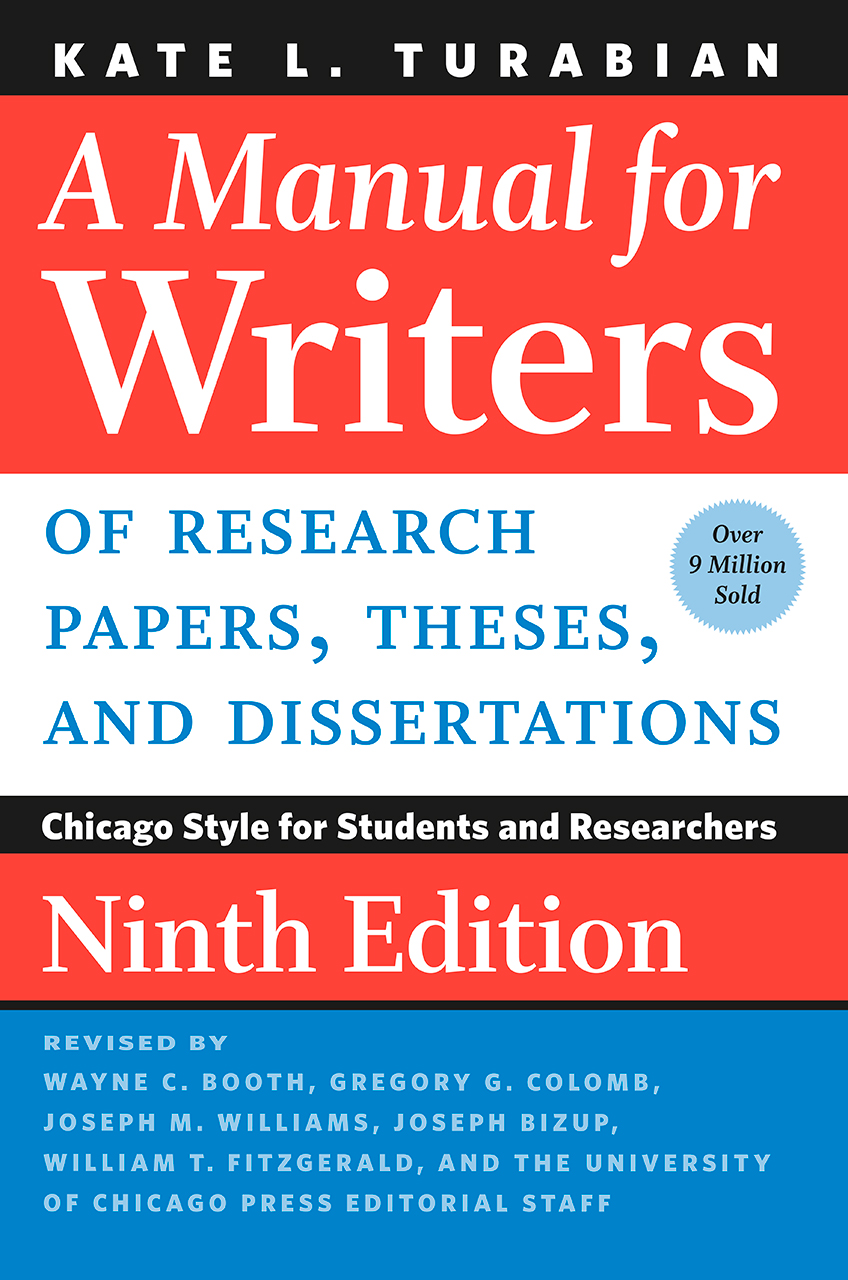
Why It’s a Must-Read: Often referred to as “Turabian’s Manual,” this book is a staple for students writing theses and dissertations. It covers everything from citation styles to formatting, making it a one-stop shop for academic writing.
Essential points to remember
How to properly cite sources.
Guidelines for formatting your thesis.
Tips for organizing your work effectively.
Turabian’s meticulous approach ensures that students meet academic standards while maintaining clarity and consistency in their work. It’s an essential guide for navigating the technical aspects of thesis writing.
10. “Becoming an Academic Writer: 50 Exercises for Paced, Productive, and Powerful Writing” by Patricia Goodson
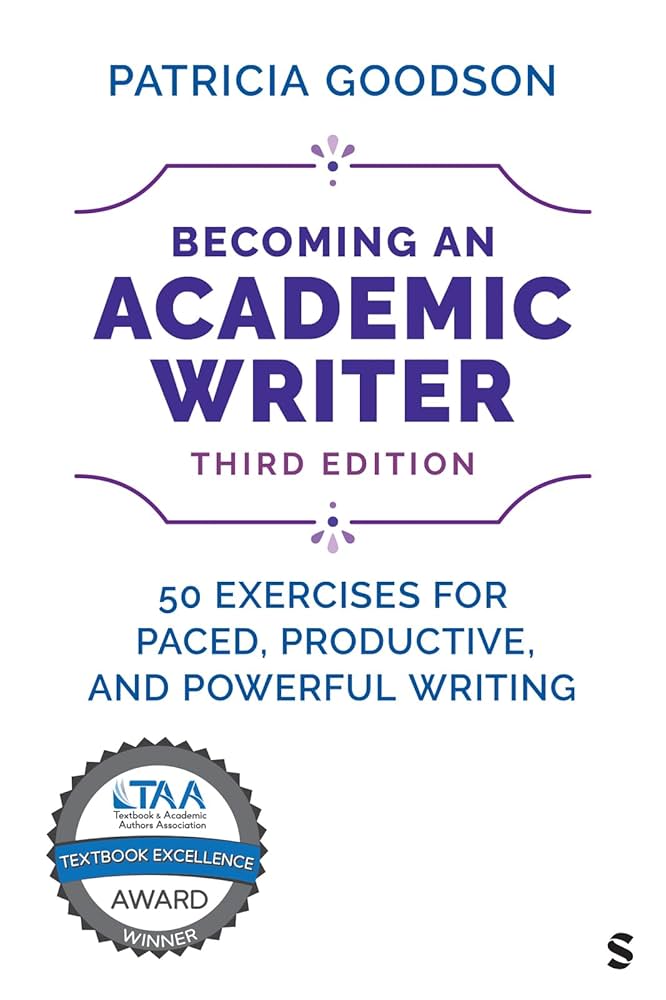
Why It’s a Must-Read: Goodson’s book focuses on building strong writing habits through practical exercises. It’s perfect for students who want to improve their academic writing skills while working on their thesis.
Essential points to remember
Writing exercises to develop clarity and precision.
Strategies for writing regularly and avoiding burnout.
Tips for revising and polishing your work.
The emphasis on paced and consistent writing makes this book an excellent choice for students aiming to enhance their writing skills while maintaining productivity. Goodson’s exercises are both practical and transformative.
How to Choose the Best Books on Thesis Writing
With so many excellent resources available, how do you decide which books are right for you? Here are some tips:
-
Identify Your Needs:
- Are you struggling with research? Choose books like The Craft of Research or Research Design.
- Need help with writing style? Go for Stylish Academic Writing or They Say / I Say.
-
Consider Your Discipline:
- Different fields have different expectations. Make sure the book you choose aligns with your academic area.
-
Check Reviews:
- Look for recommendations from peers or online reviews to ensure the book meets your expectations.
-
Sample the Content:
- Browse a few pages or chapters to see if the book resonates with your style of learning.
Final Thoughts
Writing a thesis is no small feat, but with the right resources, you can navigate the process with confidence. The best books on thesis writing provide practical advice, motivation, and guidance to help you succeed. Whether you need help with research, writing style, or managing your time, these ten books are invaluable companions on your thesis-writing journey.
So, grab a book, settle in, and start turning your thesis into a masterpiece. Happy writing!
Frequently Asked Questions
"They Say / I Say" is an excellent starting point for beginners. It provides clear templates and strategies for academic writing, helping you understand how to structure arguments and engage with existing research effectively.
Consider your specific needs: If you need help with research methodology, choose Creswell's "Research Design." For writing style, try "Stylish Academic Writing." For emotional support and motivation, "The Thesis Whisperer" is excellent. Pick books that address your particular challenges.
No, you don't need to read all of them. Start with one or two books that address your immediate needs. For example, begin with "The Craft of Research" for overall guidance, then add specific books as new challenges arise during your thesis journey.
"Becoming an Academic Writer" by Patricia Goodson and "Writing Your Dissertation in Fifteen Minutes a Day" focus specifically on the writing process. These books provide practical exercises and strategies to improve your writing skills and maintain consistent progress.
Other Articles You Might Like
What is a Topic Sentence? Definition and Examples
Learn everything about topic sentences, from their definition and importance to practical examples and writing tips. Master this essential writing skill to create more effective paragraphs and essays.
How AI Analyzes Your College Essay: The Technology Behind It
Dive deep into the sophisticated AI technology that powers college essay review tools, from natural language processing to machine learning algorithms that evaluate structure, style, and content.
Do College Admission Officers Use AI to Detect AI-Written Essays?
An in-depth investigation into how college admissions offices are responding to AI-generated essays, what detection technologies they're using, and how students can ensure their applications remain authentic.
AI Essay Writers: How Do They Work and Are They Worth Using?
A detailed exploration of AI essay technology, explaining the underlying mechanisms, comparing top tools, and providing guidance on when these systems offer genuine value.
The Role of AI in Shaping Essays on Leadership
Leadership is an age-old topic of exploration—an idea that has evolved over centuries, shaped by culture, history, and individuals who have had a significant impact on society. In the academic realm, the exploration of leadership is a core subject for students across a multitude of disciplines, from business to psychology. Today, with advancements in artificial intelligence (AI), academic writing has entered a new era. AI-powered writing assistants like Yomu.ai are transforming the way students and researchers approach essay writing, making it faster, more efficient, and more insightful. In this blog post, we delve into how AI, especially AI-driven academic tools like Yomu.ai, are revolutionizing the process of writing essays on leadership. We will explore effective strategies for crafting a leadership essay, examine how AI enhances the research and writing process, and provide valuable tips for students who are looking to improve their essays on leadership.
How to Write a Conclusion Paragraph: Tips and Examples
Master the art of writing powerful conclusion paragraphs with this comprehensive guide. Learn essential techniques, see real examples, and discover how to leave a lasting impression on your readers.
